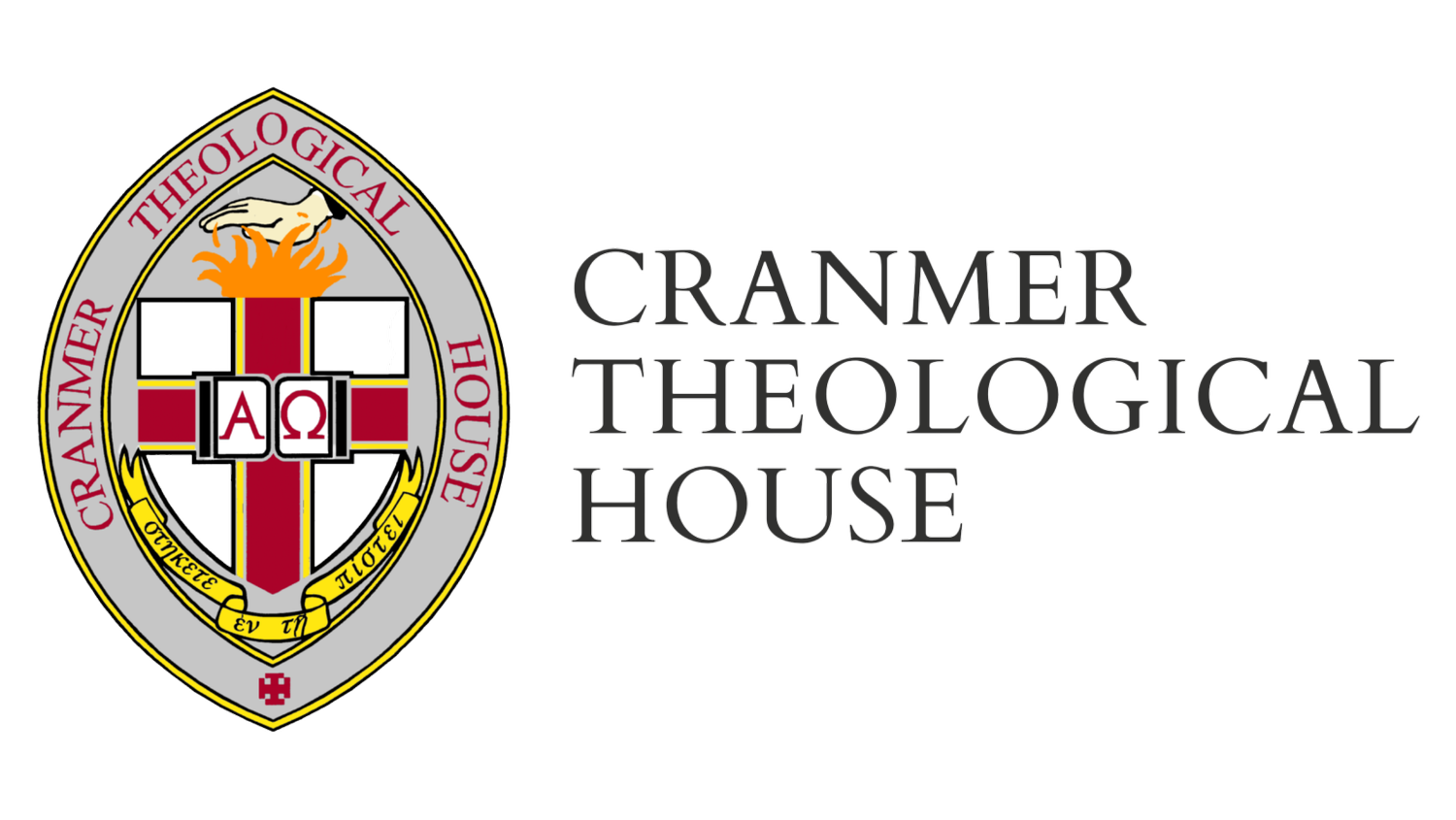The Heart of the Christian Life
Spiritual formation is at the heart of the Christian life and therefore is vital for those who lead the Church. For this reason, CTH is committed to cultivating the spiritual life of its students through Biblical and historic ways of spiritual formation in the Anglican tradition. The 20th century Anglican theologian Martin Thornton articulates this approach to piety in his work English Spirituality. Thornton presents what he calls the threefold way of spirituality based on the Scriptural balance of weekly, daily, and private worship as developed most clearly in the ministry of the 5th century monk, St. Benedict. This threefold way is best expressed in the worship of the historic liturgy of the Anglican Church, The Book of Common Prayer.
Weekly worship is centered on what is commonly called Holy Communion or the Eucharist. This weekly worship at the Lord’s Table is further supported by the daily offices of Morning and Evening Prayer. In addition, the corporate life of worship on a weekly and daily basis is undergirded by personal devotion comprised of prayer and Scripture reading, which the Ancient Church called lectio divina. The lectio divina also includes reflection on other ascetical writings from the great spiritual writers in the history of the Church. CTH’s aim is to help its students understand and embrace these three areas of spiritual formation.
Since CTH is a cathedral seminary offering courses in a modular format on weekends, mini-mesters (one or two weeks), and even at a distance, spiritual formation is developed during the offering of courses and through the cathedral or local parish of the student. When students come to CTH to take their courses in residence on a weekend or longer, the course begins with the celebration of the Eucharist and is followed up each day with the offices of Morning and Evening Prayer. Then, on Sunday mornings, whether in Dallas or Houston, the students are invited to worship at one of the Diocese’s cathedrals.
Beyond the weekend classes, the students’ spiritual formation is under the direction of their local rector. This includes regular participation in receiving the Eucharist on Sundays (as well as Prayer Book feast days), and participating in the Daily Offices (either on site at their local parish if offered or at home, with their family or on their own). The third component of private devotion is nurtured through personal prayer and various programs for reading Scripture, as well as some of the classic works on ascetical theology. For the latter, the student will follow the course of study in ascetical theology outlined in the appendix of Thornton’s work, English Spirituality. This will include reading at least three of the works that he recommends to “study seriously.” It is CTH’s intention that this course of spiritual formation will be spread out over the entire period of enrollment at CTH.
For oversight when the student is not in residence taking courses, that student’s rector (or pastor) is asked to assist the student in the accountability of maintaining a daily/weekly routine of spiritual formation as outlined.
Upon admission to Cranmer Theological House, the student commits to the threefold way, is assigned a spiritual director (usually the student’s rector/pastor), and the director of the spiritual formation agrees to regular reporting. The reporting is done at the time of the Ember Days (during the four seasons of the year). Students will complete a form outlining their practice of spiritual formation. This will include a note from their rector attesting to their participation in this formation.
Even though spiritual formation has most recently been done on the campus of many modern seminaries, we believe that this course of action will not only help the future minister to develop a life of structured prayer and devotion but that it will also serve to invigorate the local parish where he is living and serving during his time in seminary. The cathedral model of spiritual formation is actually much closer to the life that the student will live once he is in parish ministry.
This spiritual formation plan is required for those who are pursuing either Holy Orders (diaconate or priesthood) at the M.Div. or M.A.R. levels, or deaconess training at CTH. Students who are already in a spiritual formation process under the guidance of their rector may submit their plan to the Seminary Dean as an alternative.
